I don’t know about you, but my Siamese kitties are like children to me. And just like children, I want to ensure they’re safe at all times.
I don’t mean keeping a tight leash on them or depriving them of mischief because let’s be honest, the wild Siamese can not be tamed.
When I talk about safety, I’m mainly referring to the environment in which they live. As pet parents, it is our duty to ensure there is nothing in paws’ reach that could cause them any harm.
You couldn’t believe my surprise when I came across a research paper listing all the things toxic to cats – some of the things listed were obvious, and others I had no idea!
Although we can’t be blamed for not knowing every little thing there is to know about our Siamese buddies, we should always be willing to learn and create an environment in which they can thrive.
That is why I am sharing the top 99 cat dangers with you today.
What foods are toxic to cats?
Believe me, I know how hard it is to say no to your cat when they’re looking at you with those puss-in-boots-eyes.
And sure, some human foods have great health benefits for cats, but others not so much – causing sickness and sometimes even death.
Here are 15 foods you should avoid:
- Coffee
- Tea Leaves
- Citrus Fruit
- Raw Yeast
- Grapes
- Nuts
- Chocolate
- Alcohol
- Raisins
- Onions
- Garlic
- Fatty Foods
- Out Of Date Foods
- Salt
- Xylitol
What chemicals are toxic to Cats?
While this one may seem like an obvious one, certain chemicals can cause harm and also death to cats when ingested. They can also cause irritation to the skin and eyes.
Here are 20 chemicals you should keep away from your Siamese:
- Bleach
- De-icing Salts (they may stick to your cat’s paws, so clean them if they’ve been outside)
- Antifreeze
- Detergents
- Fertilizers
- Herbicides
- Bug Spray
- Dog Tick and Flea Medication
- Drain Cleaners
- Oven Cleaners
- Lime Remover
- Paint Thinners
- Moth Balls
- Fly Bait
- Oil
- Gasoline
- Pesticides
- Cocoa Mulch
- Lighter Fluid
- Rodent Bait
What plants are toxic to cats?
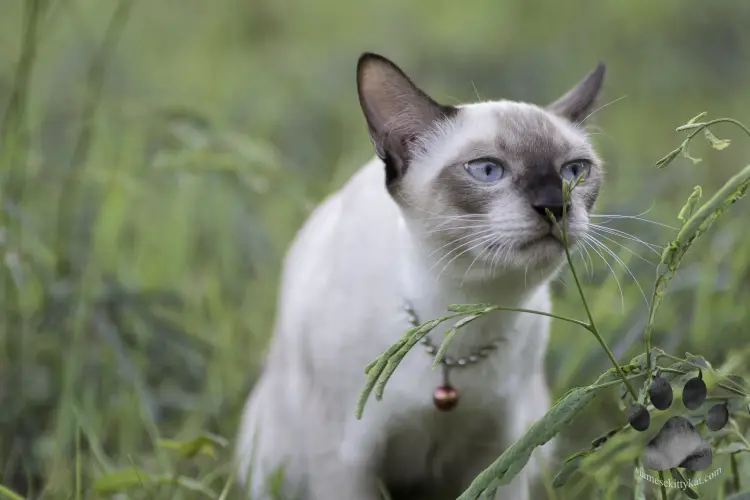
While I’m a cat mom, I’m also a plant mum too. Therefore I love filling my house with all types of greenery. I also keep quite a few exotic plants in my backyard – the very backyard I take my Siamese kitties for a walk.
I’m not sure what it is, but cats love to munch on plants. And since some of these plants can be highly toxic to our kitties, I have to be very careful which greens I choose to keep around.
Here are 20 plants that are toxic to cats:
- Lilies
- Tulip Bulbs
- Castor Beans
- Marijuana
- Yew
- Kalanchoe
- Oleander
- Azalea
- Sago Palm
- Autumn Crocus
- Amaryllis
- Chrysanthemum
- Peace Lily
- English Ivy
- Schefflera
- Pothos
- Ferns
- Poison Hemlock
- Yucca
- Devil’s Ivy
What household items are dangerous for cats?
There are a bunch of items lying around the house that you may not even know are dangerous for your kitty. Lots of the time these items get swallowed accidentally or cause damage to the mouth from chewing.
Here are 15 household items you should keep away from your Siamese:
- Buttons
- Batteries
- Coins
- Cotton Swabs
- Dental Floss
- Electric Cords
- Hair Pins
- Jewelry
- Nylon
- Paper Clips
- Plastic Wrap
- Razors
- Sewing Needles
- Twist Ties
- Yarn
What medication is toxic to cats?
This goes without saying, but never feed human medication to pets.
If you’re concerned that your Siamese is sick, take them to the vets where they can prescribe appropriate medication. You may think you are helping, but it will unfortunately only make the situation worse.
You should also keep human medication out of reach to avoid your Siamese accidentally ingesting them.
Here are 12 medications toxic to cats:
- Ibuprofen, Aspirin, Paracetamol
- Cold and Flu Meds
- Diet Pills
- Vitamins
- Anti-cancer Drugs
- Acetaminophen
- Non-Steroidal Anti-Inflammatory Drugs (NSAID)
- Antidepressants
- ADHD Medication
- Birth Control Pills
- Sleeping Pills
- Beta-Blockers
What appliances are dangerous for cats?
While these appliances aren’t going to get up in the middle of the night and attack your Siamese, there are quite a few accidents that can happen if you’re not around to supervise.
Here are 6 appliances that can be dangerous to cats:
- Baths
- Grills/BBQ/Ovens
- Sinks
- Toilets
- Pools/Hot Tubs
- Washer/Dryer
Which holiday items can be dangerous to cats?
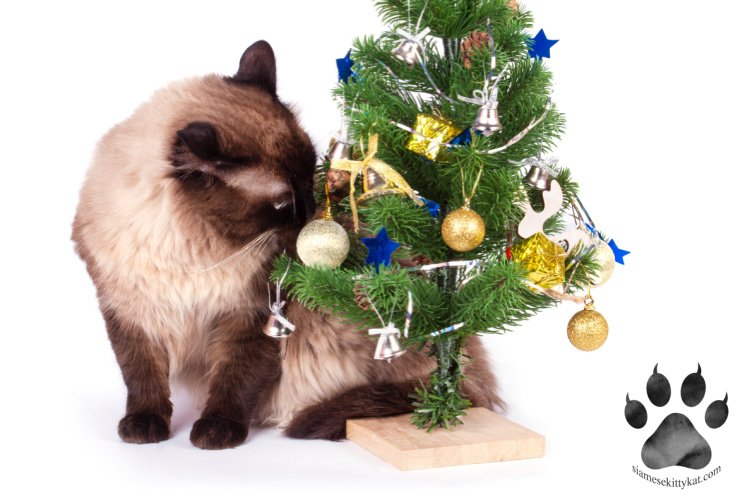
When the holidays come around, so do certain decorations that may not be the safest for your Siamese.
While it may be amusing seeing them climb the Christmas tree like it’s Mount Everest, the last thing you want is for them to get hurt.
Here are 11 holiday items that can be dangerous to cats:
- Balloons
- Confetti
- Christmas Trees
- String Lights
- Decoration Hooks
- Tinsel
- Ribbons
- Fake Grass
- Spring Bulbs
- Candy
- Candles
Signs your Siamese cat has been poisoned
While it isn’t a pleasant thought by any means, it’s important to know the warning signs and symptoms of poisoning in cats.
Since cats are quite small animals, even the smallest dose can be fatal. They process chemicals differently, having a harder time eliminating the toxic substances from their body.
Many of the time, cats don’t even directly ingest these poisons. Since they groom themselves to keep clean, a lot of these chemicals can be ingested during grooming.
Since there are many different poisons and toxins, there are many different reactions your cat could have.
Here are a few signs which can point to poisoning:
What to do if your cat has been poisoned
If your cat shows signs of poisoning, it is important to contact your vet immediately.
If you suspect they have touched something, eaten something, or have hurt themselves in any way, you shouldn’t wait for the symptoms to progress.
Even if your Siamese seems a little bit off, it is better to be safe and contact the vet for advice.
If you can see the culprit, immediately remove it from the reach of your Siamese. If it is possible, taking a sample of the poison to the vets can be a huge help as they will know exactly what has caused the reaction.
Depending on the severity of the situation, your vet may ask you to come into the office or give you advice over the phone. If it is a state of emergency, take your Siamese into the vet right away.
Don’t try to force your cat to vomit – this may only exacerbate the situation. Do not feed them any human medication either as this will only make things worse.
How can I make sure my cat is safe?
The best way to ensure your cat’s safety is to pay attention to their surroundings. Try your best not to leave items around the house that could easily be swallowed such as hair ties and paper clips.
Make sure you research whether or not a food is safe before you feed it to your Siamese.
If you let your Siamese outside, it is a good idea to check the surrounding yards and gardens to ensure there are no toxic plants around. It may be a good idea to ask your neighbours whether or not they use pesticide on their gardens too.
You can also consider getting your Siamese a catto. This way they can have the freedom of going outside, without running into any dangerous or toxic substances.
It’s impossible to be switched on at all times. But, paying closer attention to your Siamese, their habits, and their surroundings is all you need to keep them safe and happy.
We gathered all the health tips tailored towards maintaining your Siamese cat’s optimal well-being. Check it out here: Siamese Cat Health: A Complete Guide
Get your FREE Siamese Cat 2026 Printable Calendar


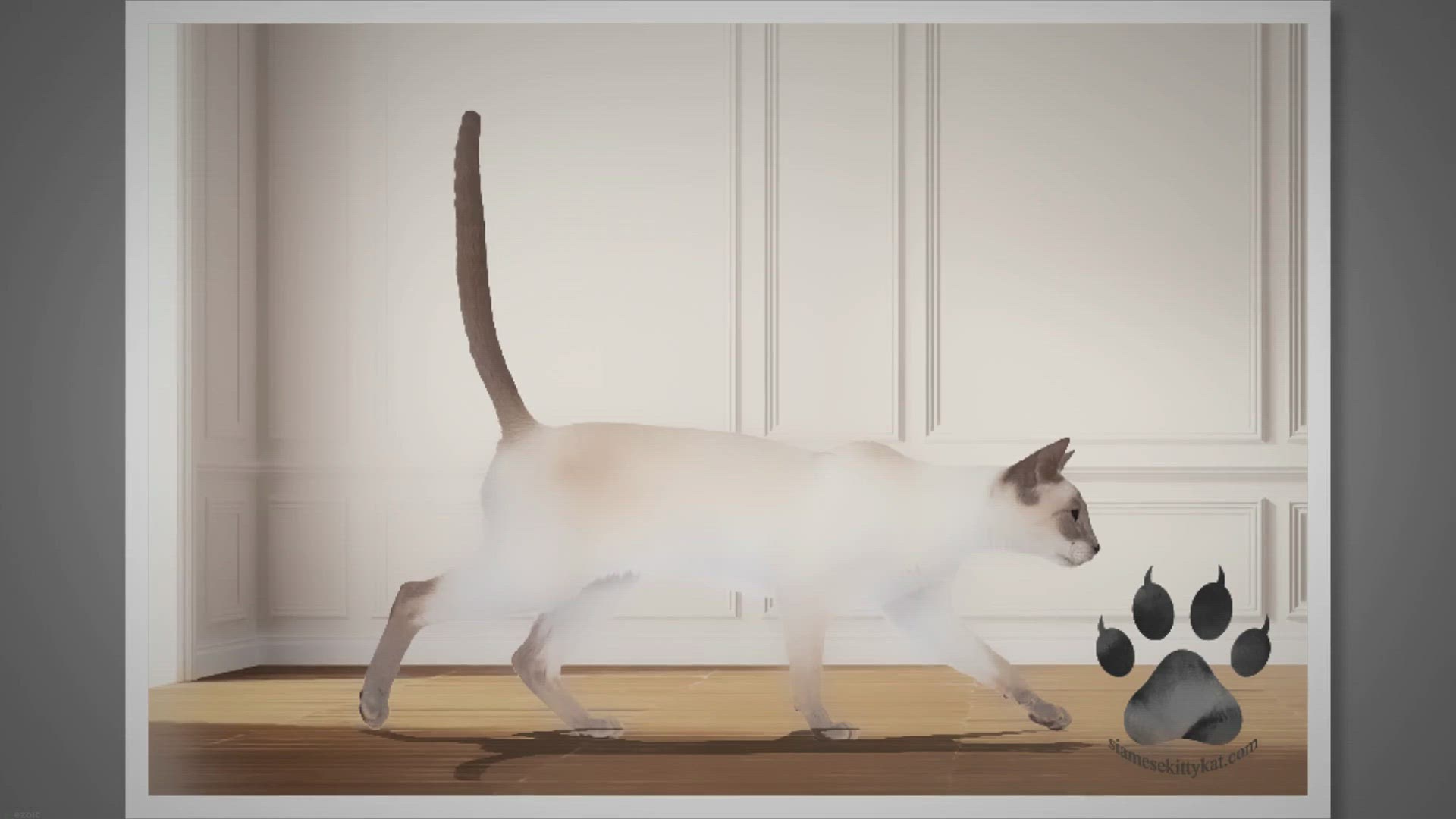

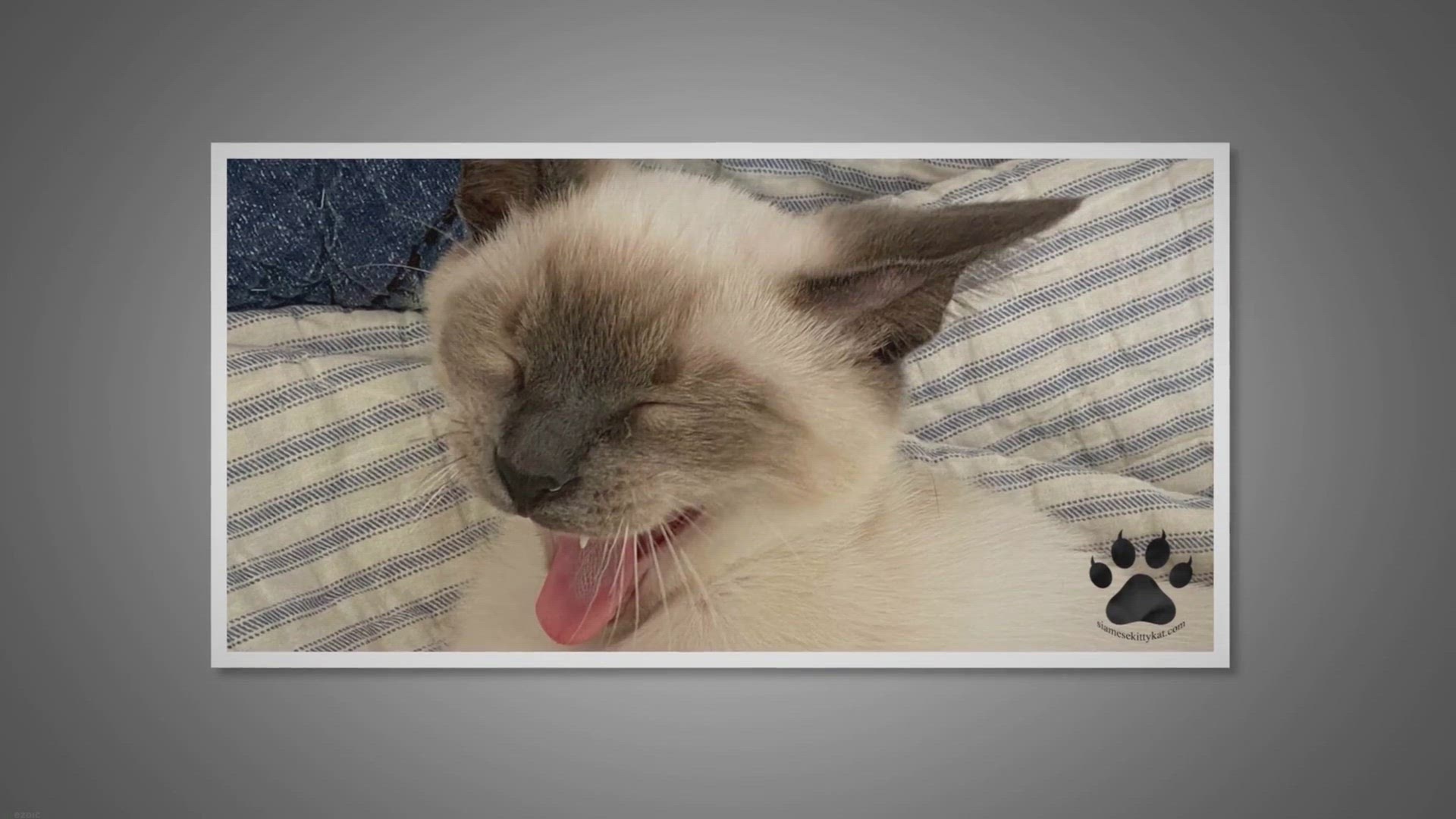
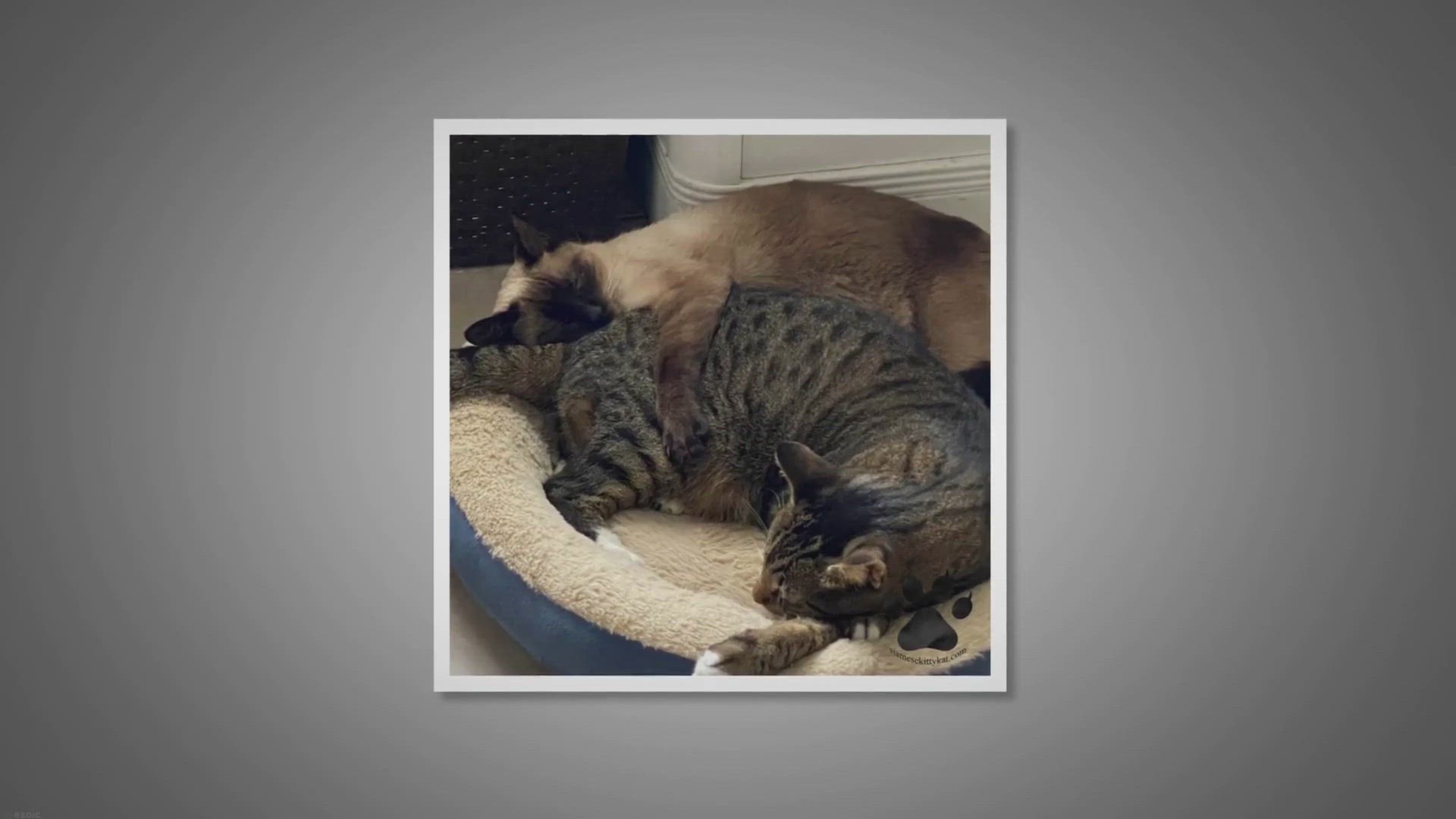
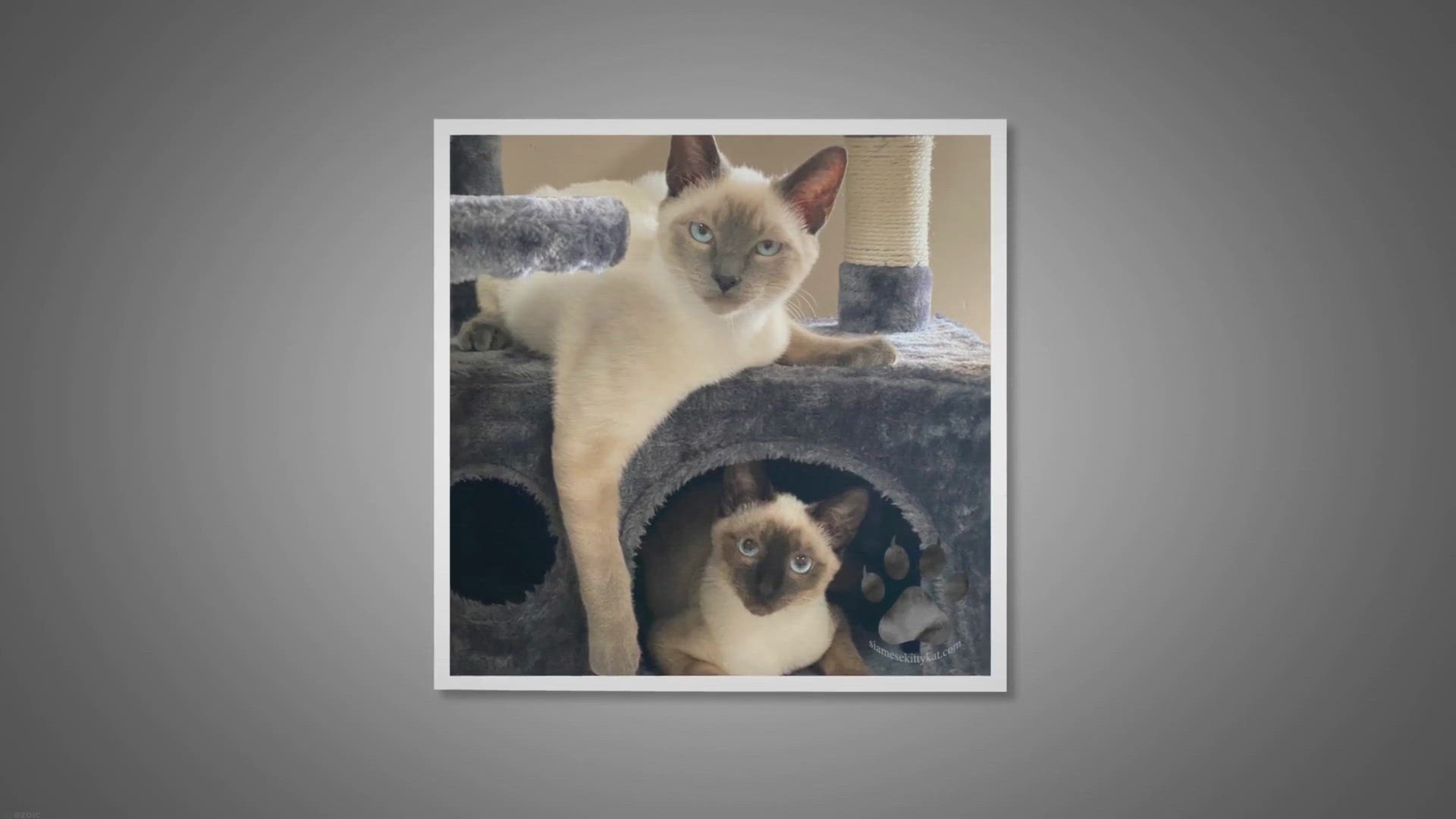
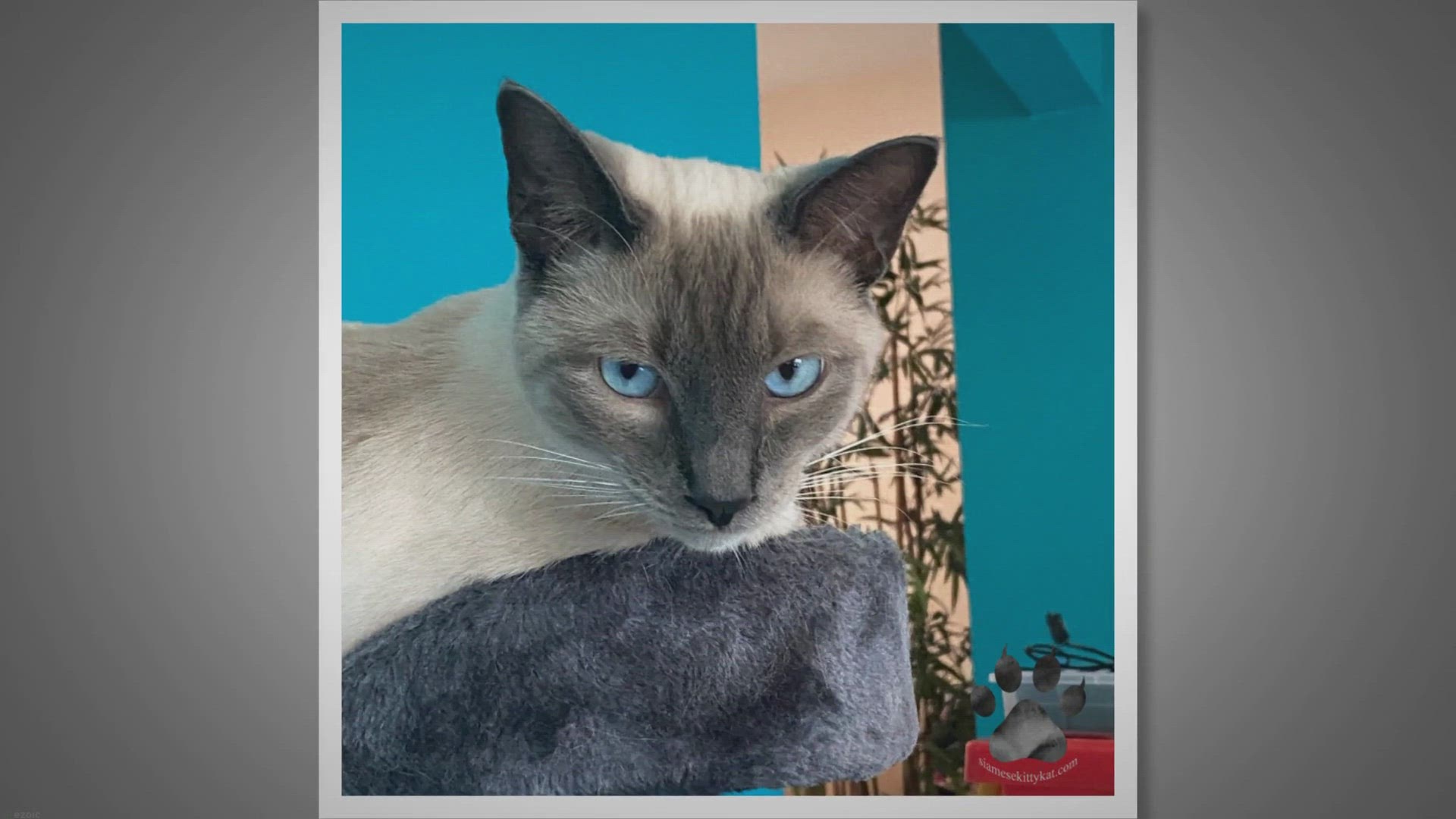
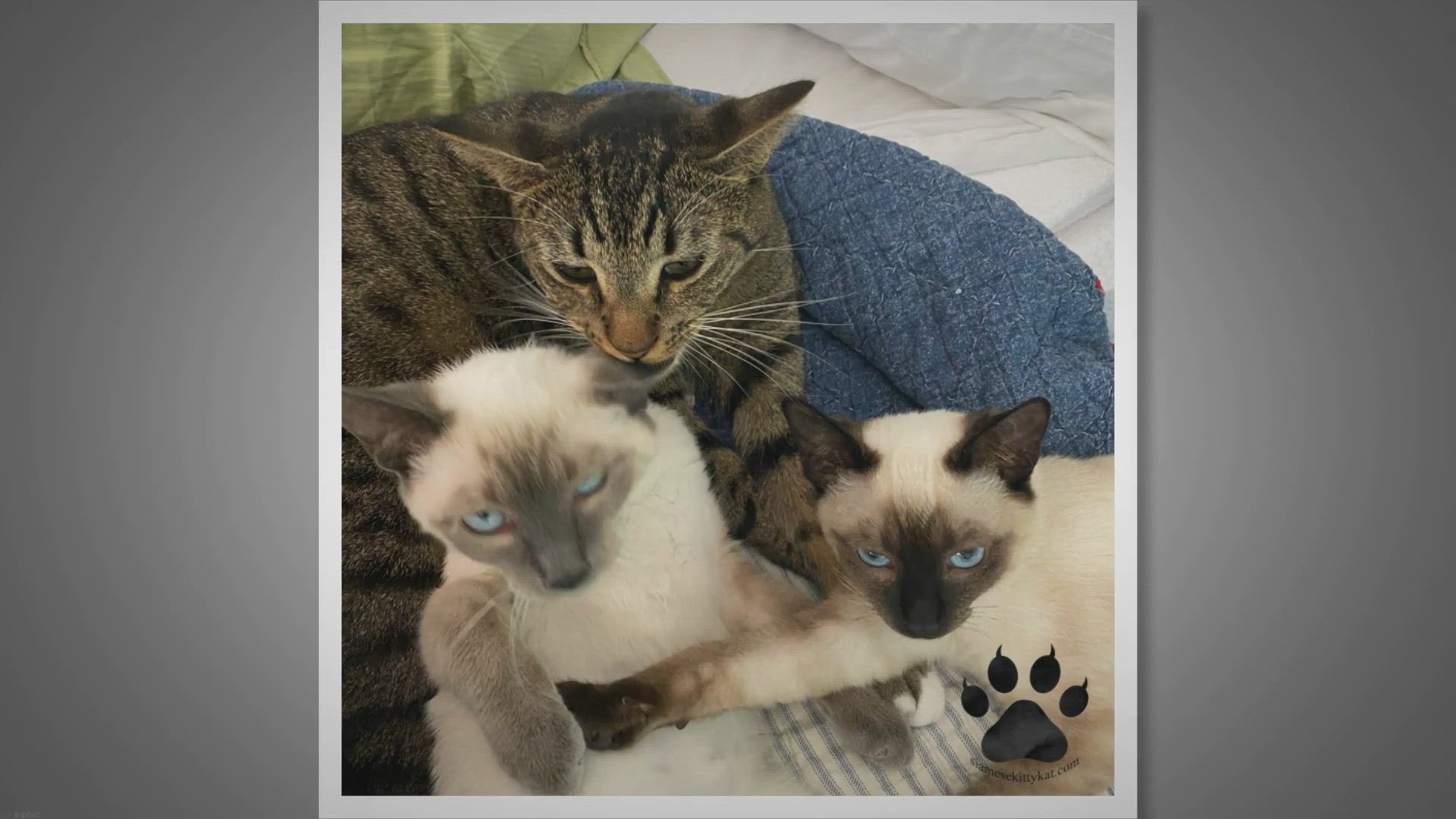
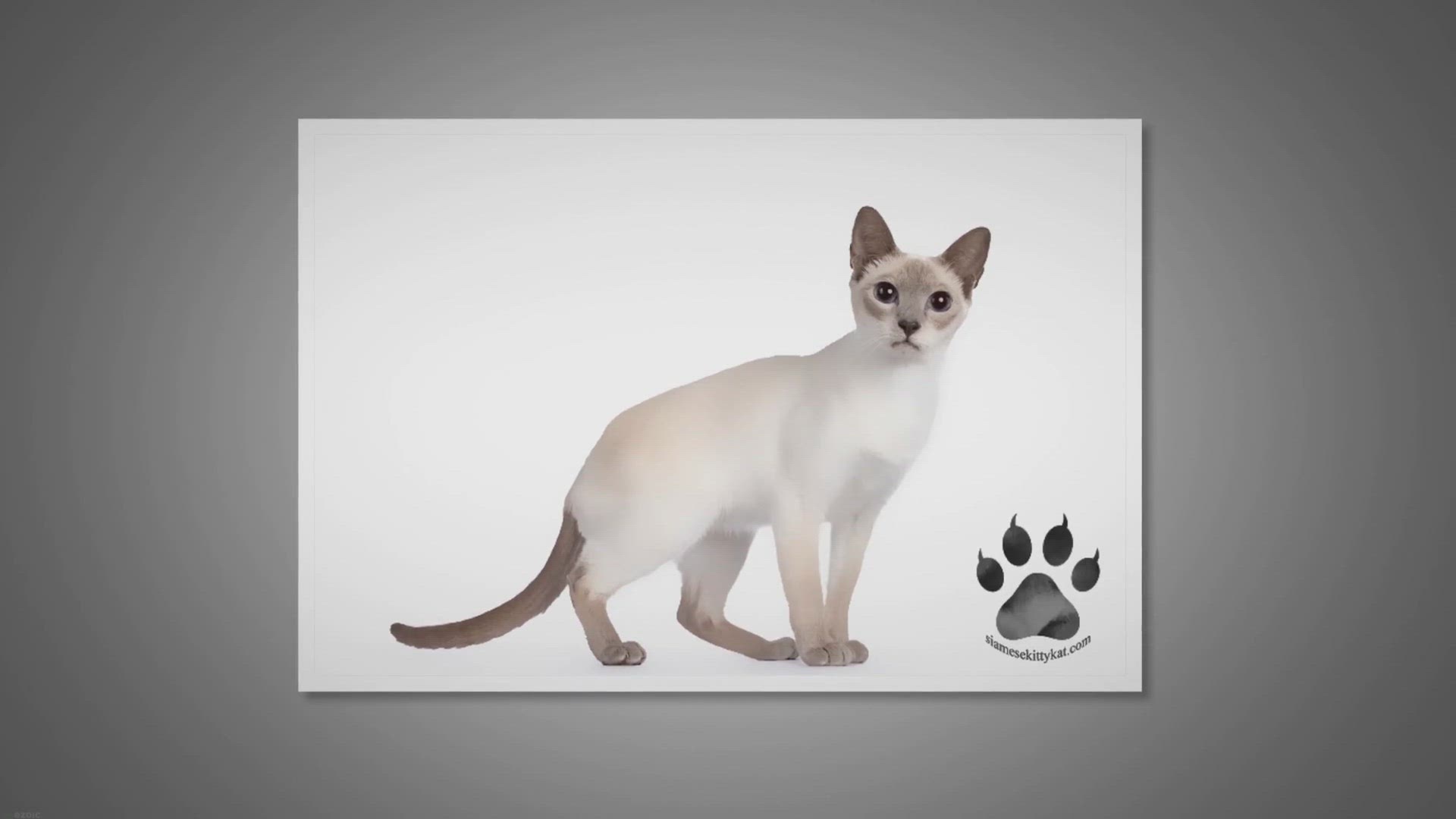
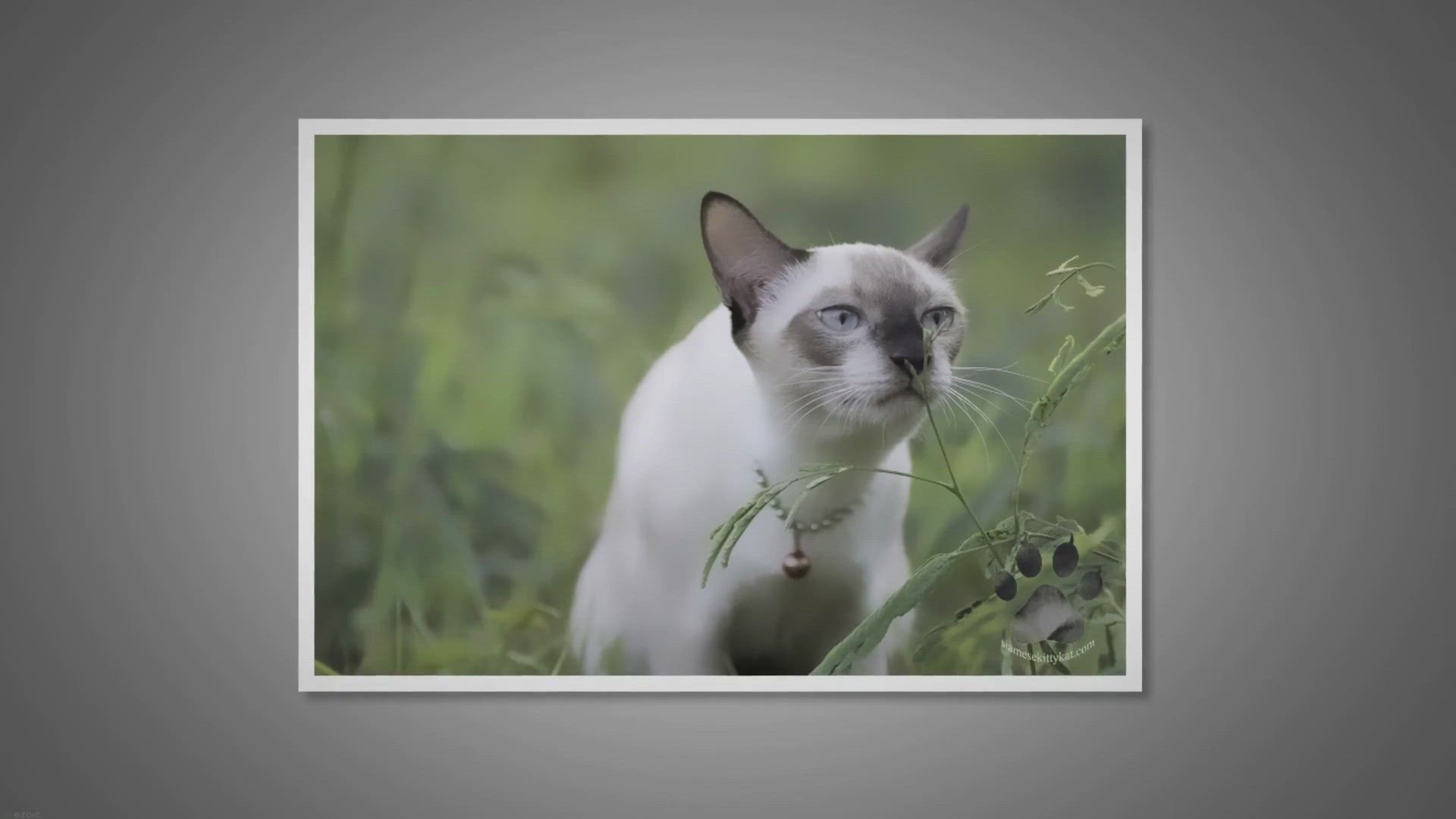
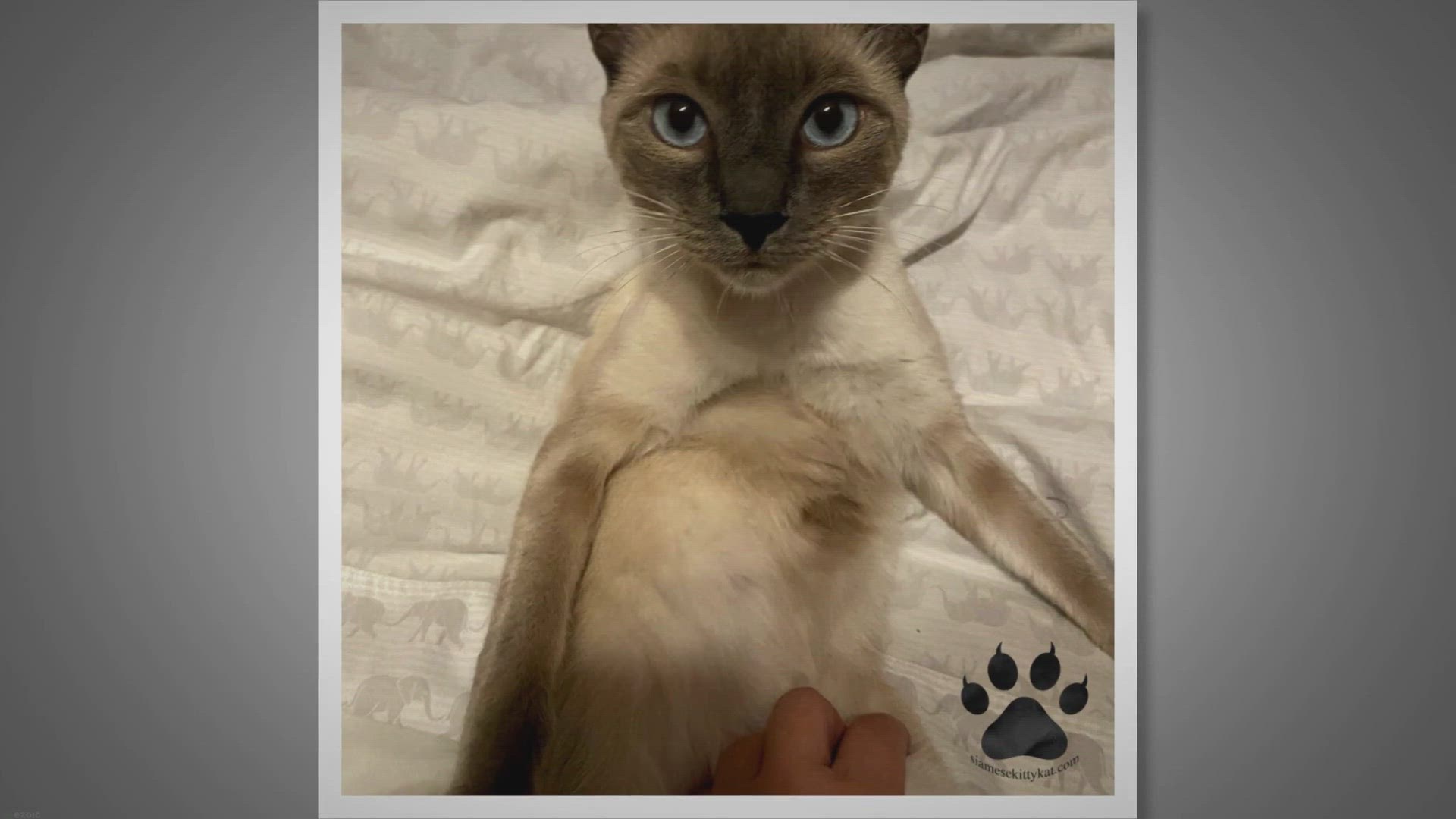
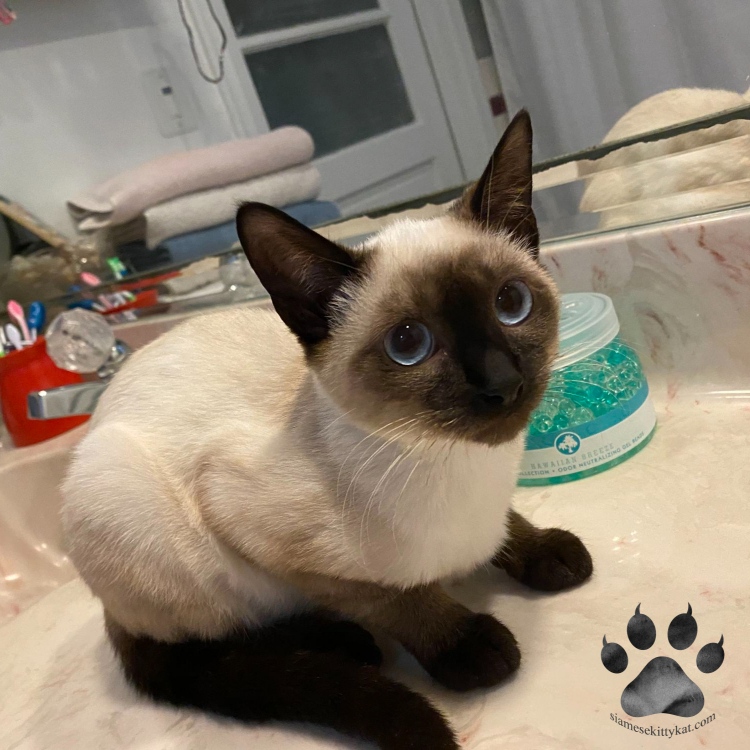
 Affiliate Link Notice
Affiliate Link Notice